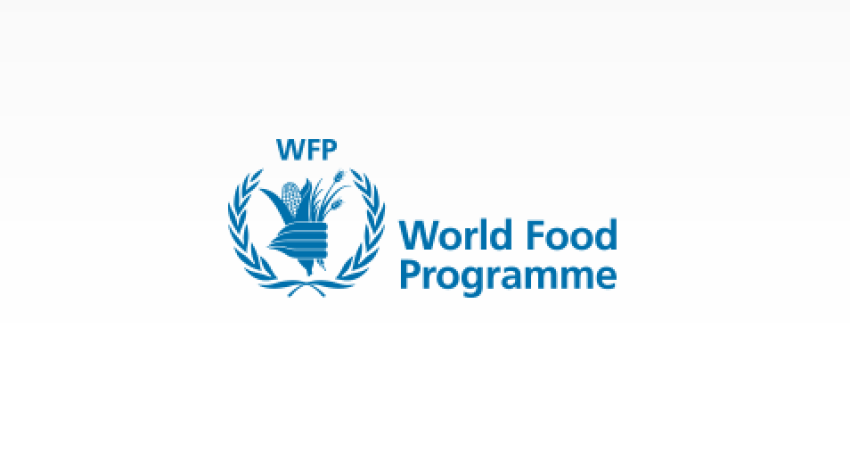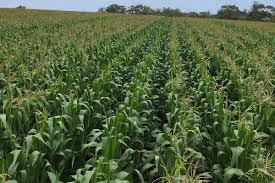
ABOUT 5,4 million Zimbabweans are battling hunger this month amid the free-falling local currency and the El Niño-induced drought, World Food Programme (WFP) data has revealed.
In its February Food Security and Markets Monitoring Report, WFP also revealed that over 7,4 million Zimbabweans are resorting to “crisis and above” food-based coping strategies.
“[According to] WFP’s HungerMap LIVE monitoring platform, which collects data from rural and urban households through mobile phone surveys on several indicators including food consumption patterns and coping strategies — the number of people facing insufficient food consumption was estimated at 5,4 million during the first week of March up from 4,4 million during the first week of February and 4,9 million reported during the first week of December 2023,” the report read.
“Some traders are reported to be hoarding grains in anticipation of a poor harvest which is likely to lead to price increases. Some households mainly from urban areas are also reported to be purchasing more than usual quantities of maize grain in anticipation of market shortages for the commodity as well as panic purchases and hoarding by some households leading to temporary unavailability of maize meal on the market.”
The report said the increase in hunger was a result of continuous dry conditions across the country.
“The number of people resorting to ‘crisis and above’ food-based coping strategies was estimated at 7,4 million in the first week of March 2024, up from 6,9 million during the first week of February 2024. Households are competing for the limited livelihood options which include casual labour in rural areas and petty trade in urban areas,” said WFP.
The report also showed that Zimbabwe’s annual blended inflation rate rose to 47,6% from 34,8% in January 2024 while the Food Poverty Line in ZWL$ increased by 78% when compared to January this year while the Total Consumption Poverty Line increased by 178%.
Moreover, the report said the cost of the monitored minimum expenditure foodbasket increased by an average of 57% for rural markets and 49% for urban markets in ZWL$ and remained stable in US$ terms.
- Mavhunga puts DeMbare into Chibuku quarterfinals
- Bulls to charge into Zimbabwe gold stocks
- Ndiraya concerned as goals dry up
- Letters: How solar power is transforming African farms
Keep Reading
“Maize grain was available in an average of 8% of the markets and unrefined maize meal in 69% signalling possible shortages of the two commodities if the supply situation does not improve.”










